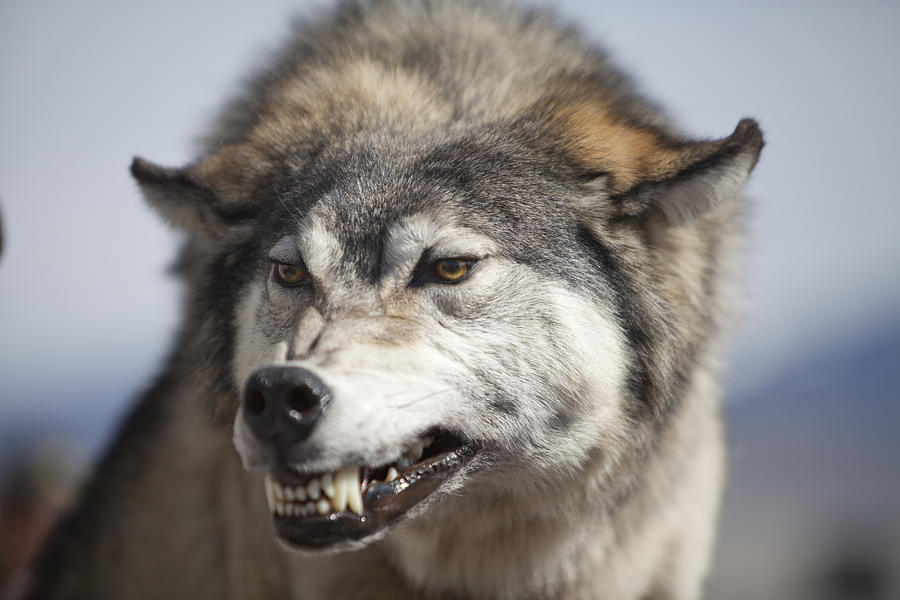
They won't die, they'll just become a better way of finding new Internet friends. So maybe it's a good thing that growlery and brabble are coming out of the concise version of the dictionary.

Old words are like radioactive tracers through the body of the web, tagging only weirdos like you. Of all the strange words in the English language, only some tiny percentage have ever heard the word growlery, let alone thought to use it in a public post on the Internet.Īll words function as both carriers of meaning and social signals about who we are, but the more obscure the word, the more specific it becomes as a probe for finding your tribe. Searching an old word reveals the social network of people who love growlery or weequashing or cosmocracy, which isn't a trivial connection, if you think about it. Questions about grammar and vocabulary Find the answers with Practical. Entering one into Google doesn't just yield you its definition and original context, but the community of people who've seen fit to dig up the same anachronism. in a way that is very aggressive or violent synonym savagely. Old words are more interesting than they've ever been. There are thousands of references scattered across the Internet to this word and thousands more in the old books available on Google Books. When I am out of humour, I come and growl here." There's a livejournal called The Growelry ( ) of course and a Facebook group. So, growlery isn't in the concise OED any longer, but there is a Twitter feed ( and a website ( ) and seemingly infinite references to Dickens' line from Bleak House, "This, you must know, is the growelry.

More broadly, it got me thinking about the how old words work these days. This is a damn shame, obviously, as any word defined as a place in which to growl will never lose its usefulness. The OED pulled 'growlery' out of its concise edition, Becca Rosen reports for us today, for lack of space.


 0 kommentar(er)
0 kommentar(er)
